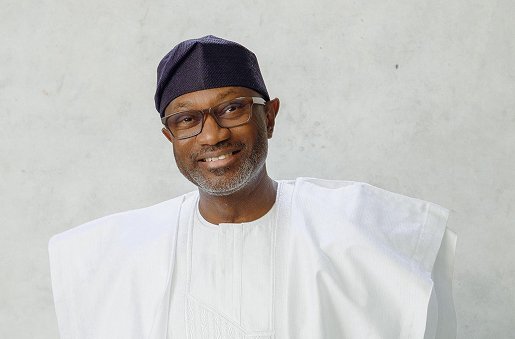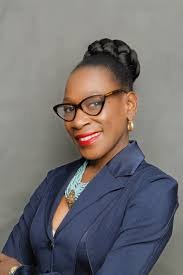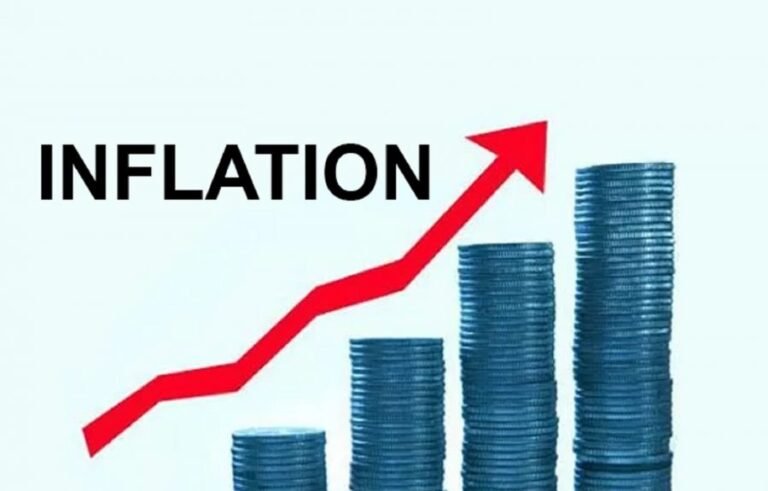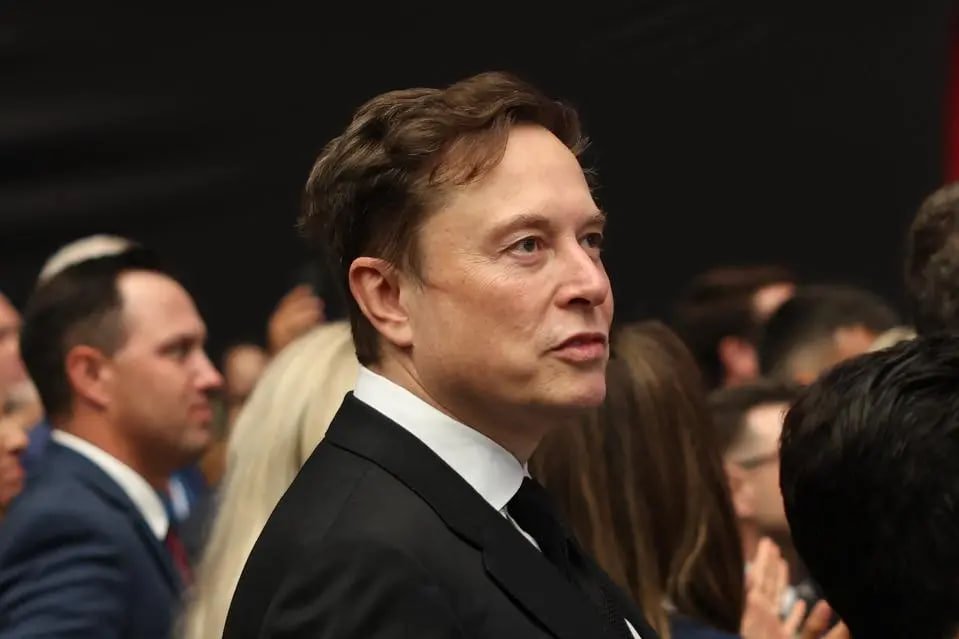Nigeria’s political landscape has been marked by increasing concerns over the consolidation of power by the ruling All Progressives Congress (APC), particularly in light of recent defections from opposition parties.
Critics have voiced fears that the APC, under President Bola Ahmed Tinubu, may be steering the country toward a one-party state, a claim that Tinubu has now directly addressed.
In a tweet that has sparked widespread discussion, Tinubu rejected the notion of a one-party system and reassured the public of his commitment to Nigeria’s democratic future.
His statement, while firm, comes at a time when the country’s multi-party system faces significant challenges, including electoral integrity, political defections, and waning public trust in democratic institutions.
Nigeria’s Current Political Climate
Nigeria’s democracy, now in its 25th year of uninterrupted civilian rule, has been a source of both pride and concern. While the country has made strides in maintaining democratic governance, recent developments have raised alarms about the health of its multi-party system.
The APC, which came to power in 2015, has seen its influence grow, particularly through a wave of defections from opposition parties like the People’s Democratic Party (PDP) and others.
These defections have fueled speculation that the APC is intent on establishing a one-party state, a charge that has been amplified by opposition figures and political analysts alike.
The Conference of Nigeria Political Parties (CNPP) has urged Tinubu to ensure free, fair, and credible elections in 2027, reflecting broader anxieties about the APC’s grip on power.
Additionally, internal conflicts within opposition parties have led to further defections, with some politicians seeking refuge in the ruling party.
This dynamic has only deepened suspicions that the APC is actively working to weaken its rivals, prompting calls for vigilance to protect Nigeria’s democratic gains.
It is against this backdrop that Tinubu’s tweet emerged, offering a direct rebuttal to these concerns and positioning himself as a defender of democratic principles.
Tinubu’s Tweet
“To those who ring the alarm that the APC is intent on a one-party state, I offer you a most personal promise. While your alarm may be as a result of your panic, it rings in error.
At no time in the past, nor any instance in the present, and at no future juncture shall I view the notion of a one-party state as good for Nigeria. I have never attempted to alter any political party registration with INEC.
Equally, my friends, we cannot blame anybody seeking to bail out of a sinking ship even without a life jacket.
Look at my political history. I would be the last person to advocate such a scheme.
In 2003, when the then-governing party tried to sweep the nation clean of political opposition through plot and manipulation, I was the last of
the progressive governors standing in my region. In all their numbers and false grandeur, they boasted of ruling, not governing, Nigeria for the next half century or more. Where are they now?
Yet, I stood alone. My allies had been induced into defeat. My adversaries held all the cards that mortal man could carry.
Even with all of that, they could not control our national destiny because fate is written from the above. A greater power did not want Nigeria to become a one-party state
back then.
Nigeria will not become such a state now
Political parties fearful of members leaving may be better served by examining their internal processes and affairs rather than fearfully conjuring up demons that do not exist.
For me, I would say try your best to put your
house in order. I will not help you do so. It is, indeed, a pleasure to witness you in such disarray.
Our efforts must never be to eliminate political competition but to make that competition salutary to the national well-being by working across the political aisle whenever possible.”
Tinubu’s tweet is a carefully crafted response to mounting criticism.
His explicit rejection of a one-party state is unequivocal; his statement is a clear attempt to distance himself and the APC from accusations of authoritarian ambitions. It signals that, at least rhetorically, Tinubu remains committed to the ideals of multi-party democracy.
In his statement, he also addresses concerns about electoral manipulation. With the Independent National Electoral Commission (INEC) being the cornerstone of Nigeria’s electoral integrity, Tinubu reinforced his respect for institutional independence.
Tinubu, through a jab at opposition parties, suggesting that their decline is self-inflicted rather than the result of the APC’s doing.
Challenges to Nigeria’s Multi-Party System
Nigeria’s multi-party democracy faces several entrenched challenges that Tinubu’s statement only partially addresses. Party defections, often driven by opportunism rather than principle, have long been a feature of Nigerian politics.
These defections undermine party loyalty and erode public trust in the political process. Additionally, concerns about electoral integrity persist, with allegations of voter suppression, rigging, and violence marring previous elections.
Public trust in democratic institutions, including INEC, is also fragile. While Tinubu’s assurance of non-interference is a positive step, it does not address the broader issue of INEC’s capacity to conduct transparent elections free from external pressures.
Furthermore, the concentration of power in the executive branch, a longstanding concern in Nigeria, risks overshadowing the checks and balances essential to a healthy democracy.

























